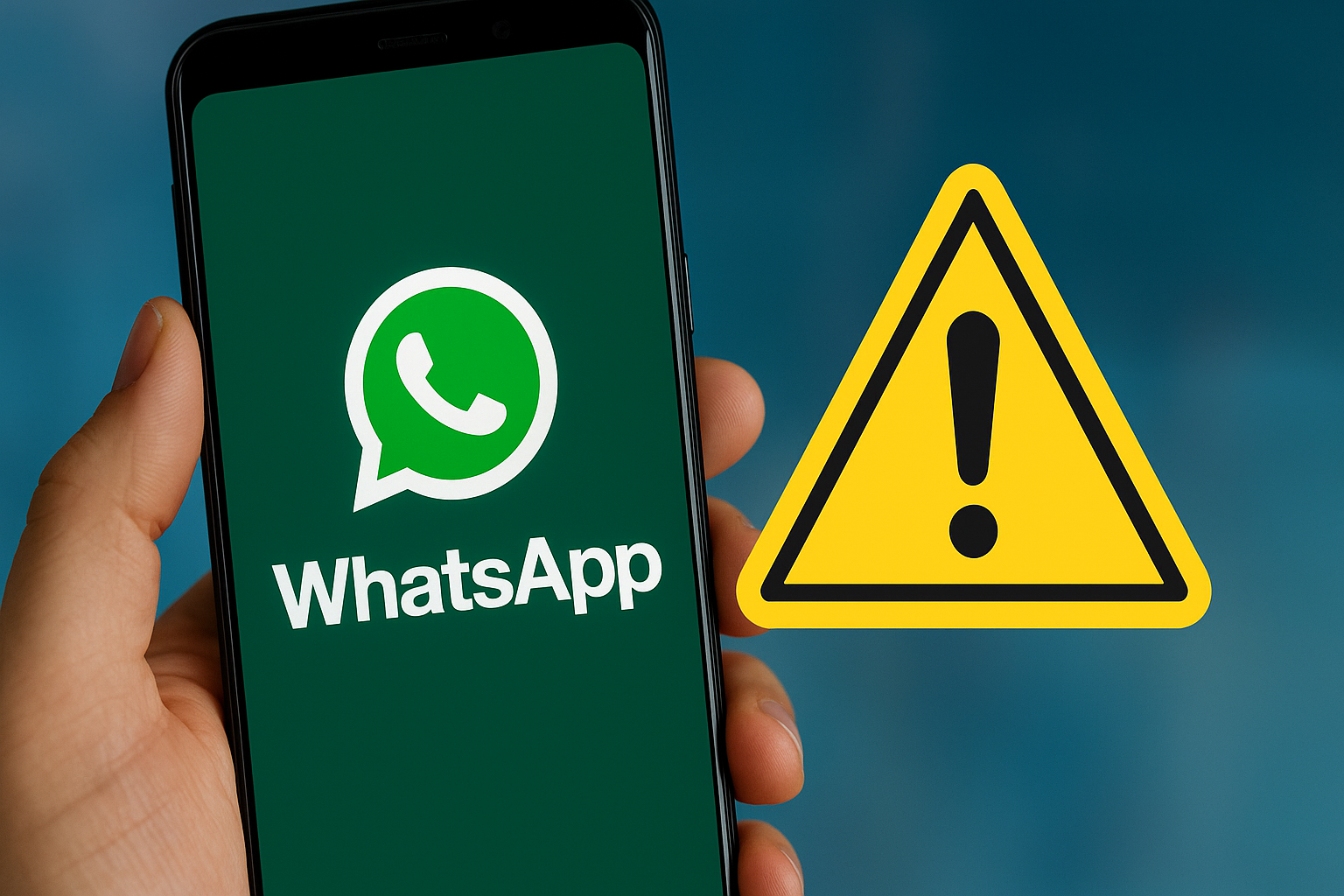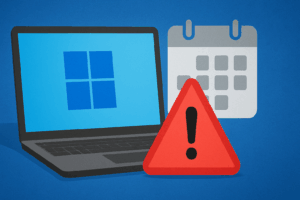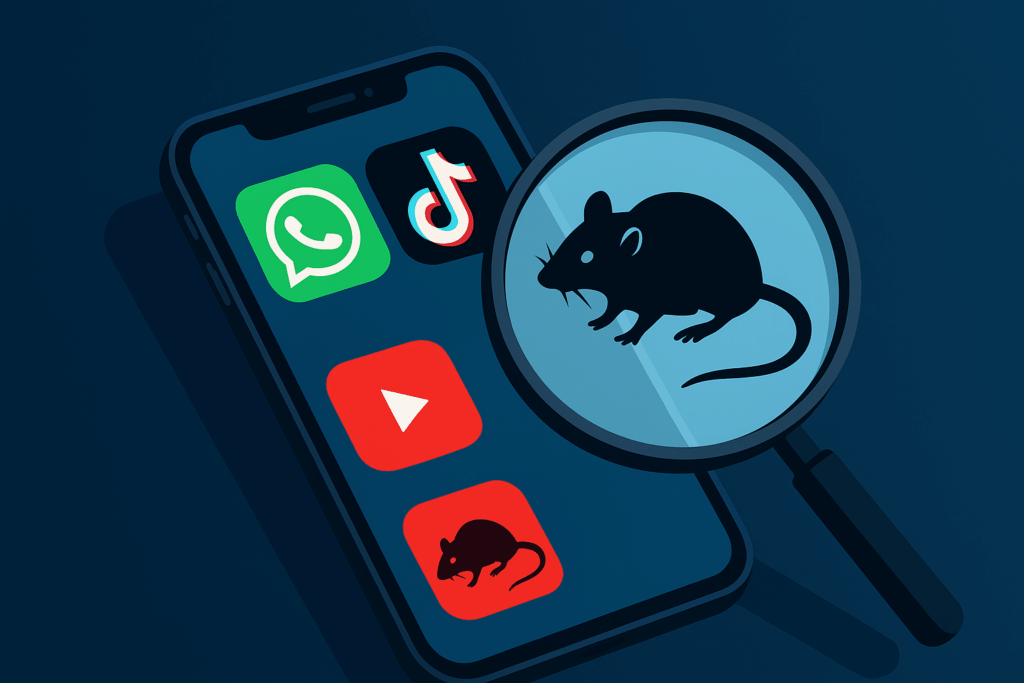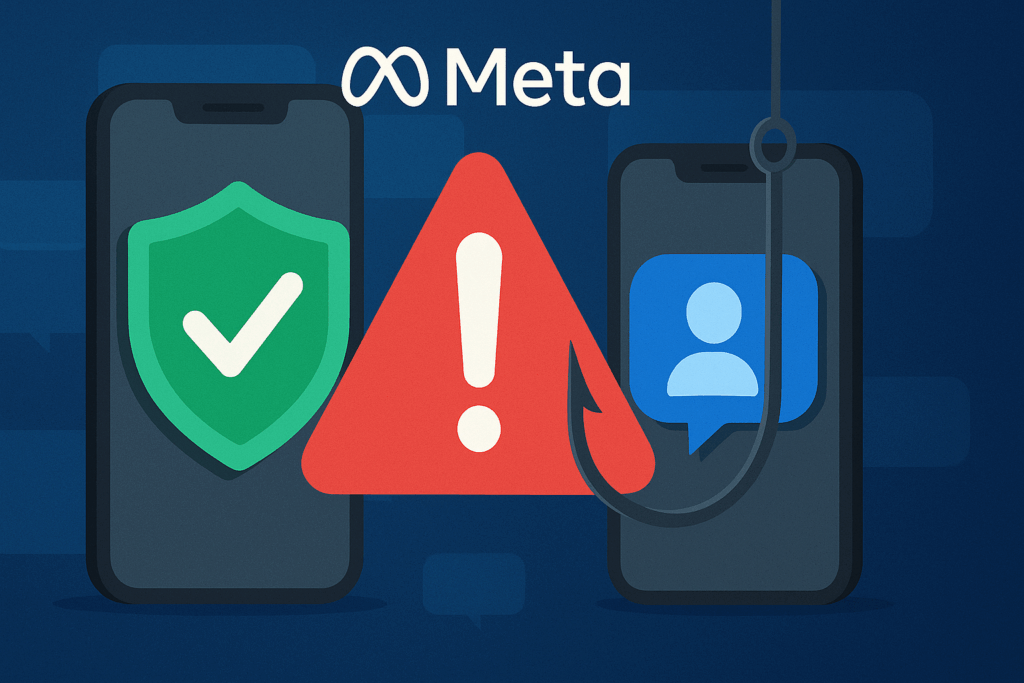Samsung has just released an urgent security update for millions of smartphones. The update fixes a serious flaw that was already being used by hackers in real-world attacks. The problem, tracked as CVE-2025-21043, was discovered and reported by WhatsApp’s security team in August 2025.
What Happened?
A zero-day vulnerability was found in Samsung phones running Android 13, 14, 15, and 16.
“Zero-day” means hackers found a way to break into phones before the company even knew the problem existed. This specific bug was hidden inside Samsung’s image-processing software.
In simple terms: hackers could send a malicious image file through apps like WhatsApp or other messaging services. When your phone tried to open the image, attackers could run their own code on your device — without you even realizing it.
Why Is This Dangerous?
- Hackers could take control of your phone remotely.
- They might steal photos, messages, passwords, or even install spyware.
- Because the attack can work silently (just by receiving an image), it’s especially risky for everyday users.
How Samsung Responded
Samsung confirmed the flaw and released a September 2025 security update to fix it. This update blocks the bug and stops attackers from using it. The patch is included in Samsung’s Security Maintenance Release (SMR) – September 2025, Release 1.
What You Should Do Right Now
-
Update Your Samsung Device Immediately
-
Go to Settings → Software update → Download and install.
-
Make sure your phone is running the September 2025 update (or newer).
-
-
Be Cautious with Unknown Messages
-
Don’t open images or files from strangers.
-
Even if a file looks innocent, it could be harmful.
-
-
Keep Apps and the System Up to Date
-
Regular updates are the best defense against new threats.
-
-
Stay Informed
-
Follow security news from Samsung, WhatsApp, or trusted cybersecurity sites.
-
Why This Matters
This case shows how attackers increasingly use “invisible” tricks — like hiding malware in image files — to target regular people, not just businesses. It also highlights how fast response from companies like WhatsApp and Samsung can protect users when threats are discovered.







